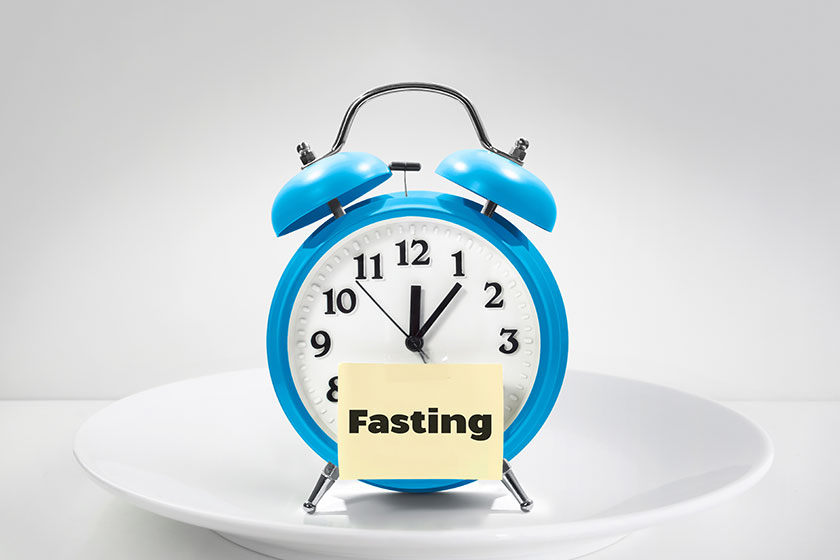Intermittent fasting is a diet that allows you to eat whatever you want, whenever you want to eat. It consists of a period of eating and then a period of not eating. Intermittent fasting has been shown to offer many benefits to seniors health, including better insulin sensitivity, lower body fat percentage, increased growth hormone levels, and cellular repair capacity.
Learn more about why intermittent fasting is an excellent choice for aging family members, and get tips on the best ways to do it in this blog post!
Intermittent Fasting Can Reduce Insulin Resistance
Insulin resistance is a condition where the body has trouble responding to insulin. Insulin is a hormone that helps your cells use glucose for energy. When you have insulin resistance, your pancreas makes more and more insulin but still can’t get enough glucose into your cells.
This type of diabetes is called Type 2 diabetes mellitus (T2DM). Obesity or aging can cause this condition. It also happens when you’re not overweight or older yet still have high blood sugar levels because of other things like stress and lack of exercise.
Intermittent Fasting Can Help Lower Body Fat Percentage
Any weight loss is a good thing when you’re older, and intermittent fasting can help you lose weight and fat. You might not think about it, but your body composition is vital for your health. Too much fat and insufficient muscle can increase the risk of disease and other complications as you age, including diabetes and cancer.
Intermittent fasting can help people lose weight and fat. Most importantly, it could be beneficial for aging family members who want to keep their bodies healthy to live longer!
Intermittent Fasting Can Increase Human Growth Hormone (HGH)
HGH is a hormone that promotes tissue growth and regeneration. The body releases HGH during sleep and exercise, but fasting also increases its production. As we age, our bodies naturally produce less HGH. This lessened production can cause us to lose muscle mass—a significant problem for older adults with a higher risk of developing diseases like osteoporosis.
Intermittent fasting helps maintain healthy levels of HGH in the body. That way, you can continue to enjoy good health well into your golden years!
Intermittent Fasting Can Increase Cellular Repair
Fasting can be a powerful tool in the fight against aging. It increases cellular repair, reduces inflammation and oxidative stress, and helps you shed fat while preserving muscle mass. All these are critical for your health as you get older. But there’s more to it than that!
Intermittent fasting also benefits muscle growth and recovery from exercise, reducing post-exercise soreness and speeding up healing from injuries. As we age, our bodies become less able to respond effectively to challenges like physical activity or injury. However, intermittent fasting can help us overcome those limitations by improving our resistance to physical stressors.
Intermittent Fasting Can Lower the Risk of Cardiovascular Disease
Another advantage of intermittent fasting is that it can lower the risk of cardiovascular disease. There are several ways in which this happens. The first way is by lowering blood pressure, cholesterol, and triglycerides, thus reducing the risk of developing heart disease.
Intermittent fasting also lowers blood sugar and insulin levels. It also increases high-density lipoprotein (HDL), commonly known as good cholesterol. These changes reduce the chances of developing diabetes or high blood pressure.
Final Word
Intermittent fasting is a great method for aging family members to lose weight and maintain their health. It’s easy to follow and requires no special equipment or diets. The best part about intermittent fasting is that you can follow this with other methods like eating healthy foods or exercising regularly. If you want to try something new this summer, give intermittent fasting a chance!







